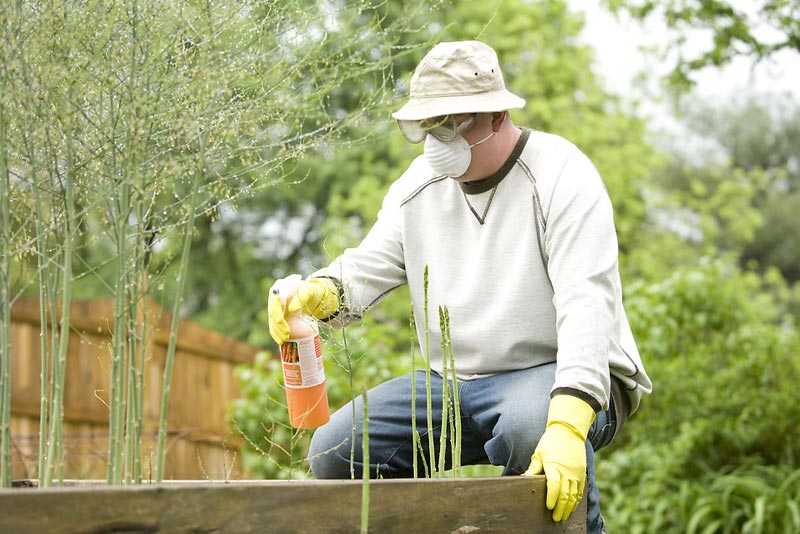The United States Food and Drug Administration, commonly referred to as the FDA, recently resumed testing regarding how much glyphosate, a potentially cancer-causing chemical, is in the American food supply. Glyphosate is found in Roundup, a brand name weed killer manufactured by Monsanto.
The FDA had suspended testing amidst confusion with a standard methodology of testing. The agency has been working to establish methods of validation for use across their multiple labs. Consumer concerns had continued to put pressure on the FDA to resume testing.
Health Hazards Associated with Roundup’s Key Ingredient
There are a number of health hazards associated with exposure to pesticides, particularly Roundup’s key ingredient, glyphosate. Personal injury-causing hazards associated with the herbicide include increased risk of miscarriages, attention deficit disorder, and higher risks of cancer. Specific cancers linked to glyphosate include multiple types of lymphoma and leukemia and multiple myeloma.
Glyphosate’s dangers have been recognized by the State of California, which lists it as a chemical known to cause cancer. The World Health Organization has deemed it a probable cause of cancer. A number of European legislatures are pushing for a complete ban of glyphosate.
FDA Undertaking Testing on Glyphosate After Pressure
Despite the recognition of glyphosate’s health hazards, the FDA did not test for it during their annual testing for pesticides in the United States’ food sources for many years. After criticism of this deficiency from the U.S. Government Accountability Office and the public, the FDA began glyphosate-specific testing. It suspended the testing earlier this year but recently resumed it.
This round of testing has not been completed, so results are unknown; however, prior studies from the FDA and other organizations are troubling. A FDA researcher found it in multiple US food products including baby food. The same researcher noted that it has also been found in breast milk. These results are consistent with testing from private companies that have found glyphosate in numerous US food products. Canadian researchers have reported finding traces of it in over 30% of tested food.
Individuals at Risk of Exposure to Roundup
Individuals can be exposed to Roundup, or other glyphosate products, by direct physical contact with the product or by breathing the product in. This type of exposure often occurs while using the product—placing farmers, horticulturalists, farm workers, landscapers, law maintenance personnel, and even recreational gardeners at a high risk of hazardous exposure.
Individuals who do not personally use a glyphosate-containing product may still be at risk of exposure. They may be exposed if they are in the vicinity where the product is being used and breathe it in or if they touch a plant sprayed with a product while it is still wet. They can also be exposed just by drinking tap water or eating food because of its presence in ground water and food products.
Those Affected by Roundup’s Negative Consequences
If you think that you may have been adversely affected by Roundup, contact an attorney who can provide the legal counsel you need to understand and evaluate your situation. At Marrone Law Firm, LLC, we can help you in your personal injury or product liability case. Contact us today to set up a free consultation.
As one of the most successful litigation practices in the Philadelphia area, Marrone Law Firm, LLC provides vigorous, effective representation in matters ranging from personal injury and medical malpractice to real estate and criminal law.


